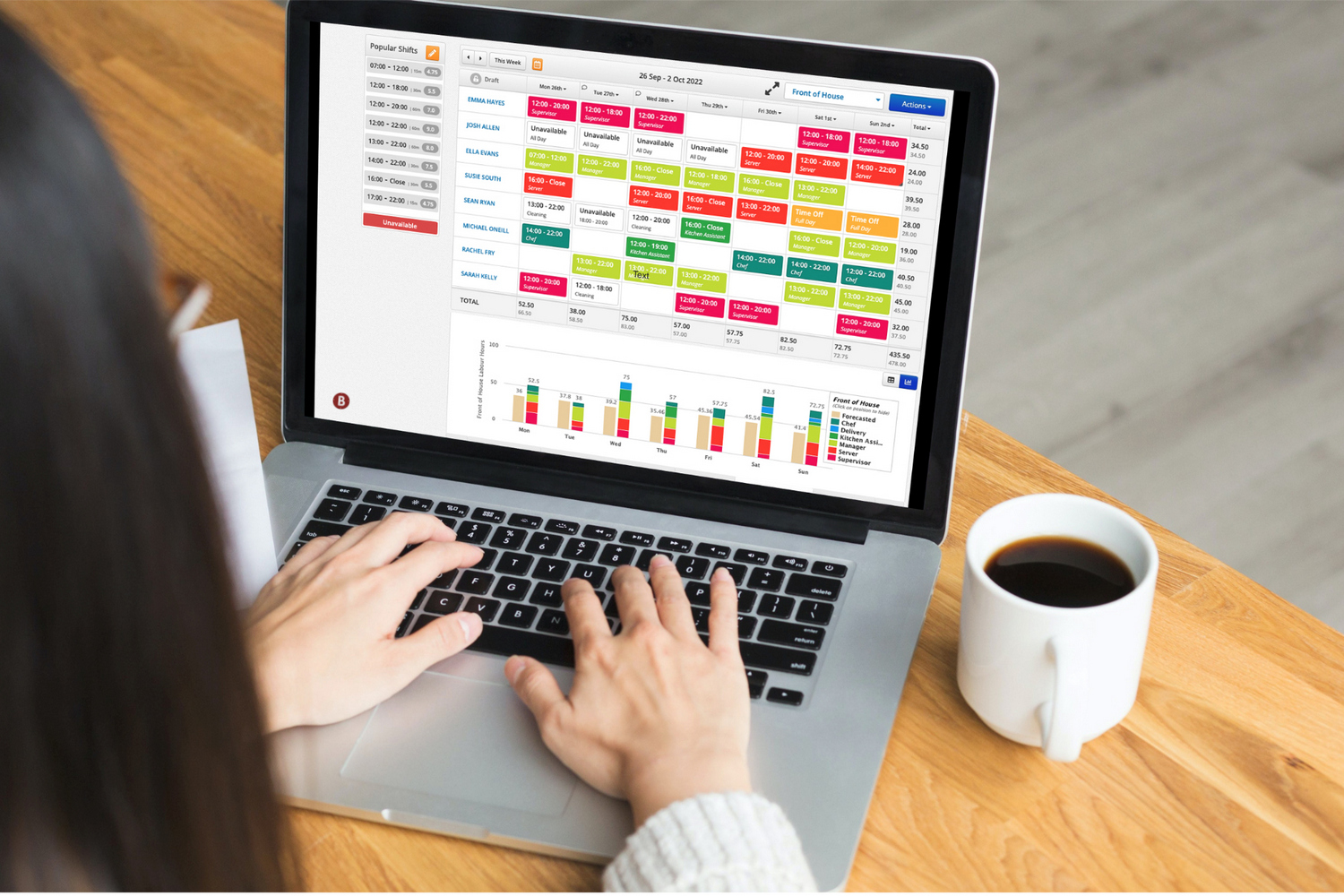Hospitality employers called on staff to work longer hours over the peak Christmas period, new figures from workforce management specialist Bizimply reveal.

More than half of businesses report that Christmas and New Year trading was as strong as they’d hoped, as consumers came out to eat and drink with family and friends. Data confirms that many operators asked employees to put in longer shifts.
“The recruitment challenge continues to be a key concern for hospitality employers,” said Bizimply chief executive, Conor Shaw. “The real-time data from employees checking in and out of work shows that the hours worked by employees increased significantly across Christmas and the New Year.
“However, employers are also very aware that, in the longer term, especially as the economy starts to recover, they will need to recruit new employees to expand their existing teams.
“Almost a third of employers have told us they expect no improvement in the problems of recruiting front-of-house staff in the year ahead, rising to almost two-thirds who expect to see no improvement when it comes to recruiting kitchen staff.”
Bizimply analysed customer data from hundreds of its hospitality customers in the UK and Ireland, equating to thousands of outlets and tens of thousands of employees. These were across all sectors of the hospitality industry, including pubs, bars, restaurants, hotels, cafés, and fast food outlets.
The figures show:
- Hospitality employees were called on to work longer hours during the peak trading period. Average hours per employee worked per week increased from around 28 hours in October up to around 32 hours a week during the second half of December.
- Top-end restaurants made the biggest demands on their staff, with employees in this sector working an average of 48 hours per week in the run-up to Christmas and the New Year, up from 40 hours a week at the start of December. In wet-led businesses, employees worked an average of 31 hours a week during the peak Christmas period compared to 28 hours at the start of December.
- Having increased steadily throughout 2022, the number of active employees in hospitality was close to its post-pandemic high in December, matching the levels seen at the hottest parts of the summer of 2022, when customers were seeking refuge from the heatwave. This was particularly true in wet-led businesses, which saw an increase of around 10% in the number of active employees during December, compared to an increase of around 5% for the hospitality sector as a whole.
- There has inevitably been a decrease in the number of active employees in the New Year, as hospitality employers plan for the traditional lull in trade, to be compounded this year by consumers’ reduced spending power and concerns about the economy.
- However, after a sharp fall in the first week of January, when total active employees declined by close to 5%, and average shift lengths to 25 hours, there are signs of an upturn, with more active employee and longer shift lengths recorded in the second week of January.
Bizimply’s survey of hospitality employers found:
- 55% reported that December trading lived up to their expectations
- 66% did not have enough staff available in December, prompting them to ask existing employees to work longer hours
- 30% do not expect front-of-house recruitment problems to improve this year
- 60% do not expect kitchen recruitment problems to improve this year.
Conor said: “The concern for employers now is that recruitment problems will put the brakes on any recovery. Although consumers are understandably cautious, there is already evidence that hospitality businesses are increasing employee numbers and hours.
“Those businesses using effective workforce management software to schedule employees and manage availability, freeing up managers to lead their teams, will be best place to respond quickly to any upturn in consumer sentiment.”
Bizimply’s software is designed to help hospitality businesses reduce time spent on staff rosters and payroll, and free up frontline staff, particularly general managers.

